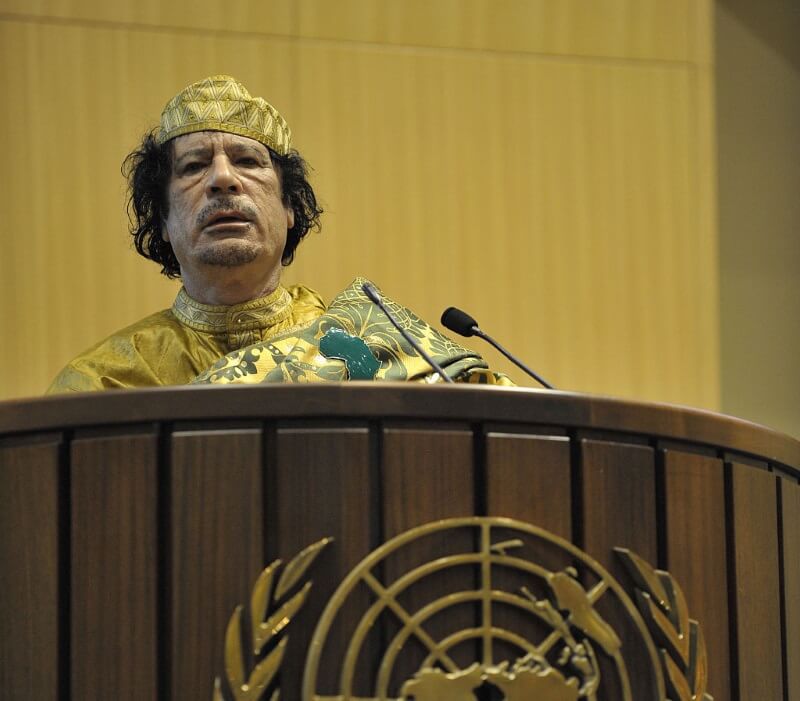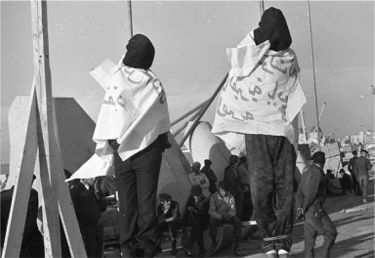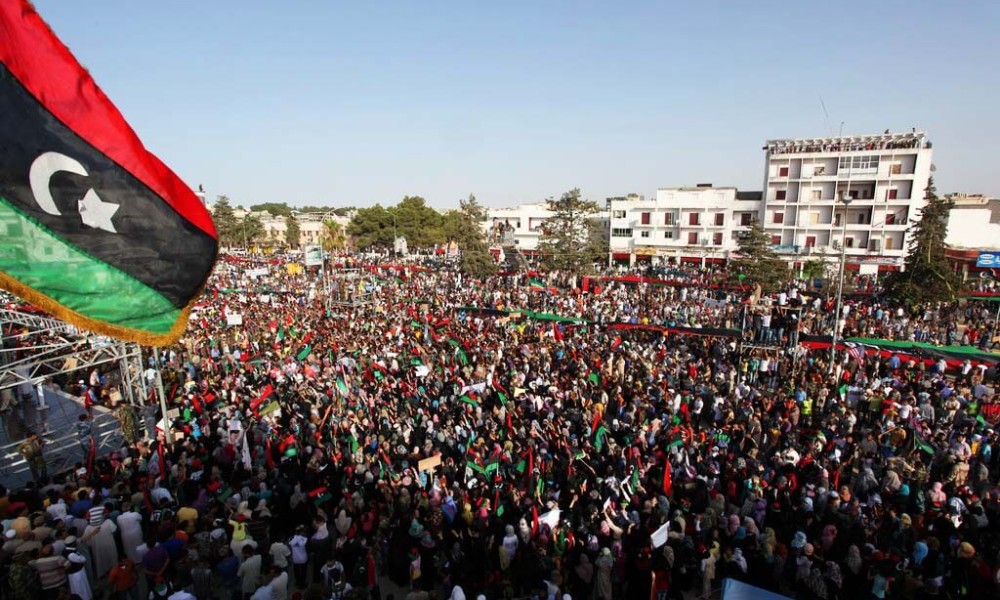Its 2015, and Four years after the controversial 2011 revolution that led to the death of arguably one of Africa’s renowned leaders, Muammar Gaddafi, the current status of Libya has need to come under close examination. With the promise of a democratic government that puts more power in the hands of Libyan citizens, are Libyans seeing any glimpse of a brighter future?
The Good Facet of Pre-Civil War Libya
Libya rose from one of the poorest nations in Africa in 1967 to become one of the most prosperous nations on the continent under the rule of Gaddafi. According to NationMaster, Per Capita income in the country rose as high as US $11,000 by 2011. The government initiated a process of directing funds towards providing education, health care and housing for all. Public education was free and primary education compulsory for both sexes. Libya’s literacy rate was better than of Egypt and Tunisia. Before the civil war, significant efforts were near completion to ensure all Libyans are properly housed while medical care reportedly became available to the public at no cost. In 2009, the CIA’s World Factbook showed the average life expectancy of a Libyan to be 77 years. These are certainly enviable standards that most countries in the world would want to attain. In 2006-2007, the government built trans-Sahara water pipelines to eliminate water shortages across major cities.

Muammar Qaddafi, the Libyan chief of state, gives his first speech during the 12th African Union Summit Feb. 2, 2009
Gaddafi introduced the decentralized direct democracy. This form of government ensured a large involvement of citizens in the decision making process via the People’s Congress and favoured elevation rather than election into government offices. In 2009, he further proposed the abolishment of the central government to put more power into the hands of the citizens.
The Grim Side of Pre-Civil War Libya
Muammar Gaddafi ruled Libya for over 40 years. His unreserved bid to stay at the summit of Libyan power was met by several opposition parties. His ambition resulted in the continual suppression of these opposition forces, usually by violence and publicized executions. Most of these forces had become the obstacles to the return to normalcy in the country. Its was also reported that much of revenue from Oil was spent on arms purchases, and on sponsoring militant groups and independence movements around the world.

Two of four university students hung in Benghazi in April 7, 1977, where the 2011 revolution would start . April 7 became one of Gaddafi’s favorite days for public hanging – Photo:gaddafi.info
Amnesty International, upon its visit to Libya in 2004 stated that despite the government showing willingness to accept reforms, there was a tendency to label all opponents as terrorists. Dissent was illegal and Amnesty International also curated at least twenty-five motivated assassinations between 1980 and 1987. United Nations also gave violence against citizens as the motivation for its intervention in Libya.
The Controversial War
Inspired by similar uprisings across the Arab world tagged the Arab Spring, the civil war commenced with nationwide protests that sought to oust the 40-year rule of Muammar Gaddafi on February 2011. The protests escalated into a rebellion after clashes led to security officials shooting into crowds of protesters. The rebellion was given a political face with the establishment of the National Transition Council headed by Mustafa Abdul Jalil which became the defacto government during and after the war. Lots of speculation and whispered controversies followed the involvement of the US and British governments’ about personal interests in the region (in regards to oil). The war ended on October 20, 2011 after Ghaddafi was killed at the Battle of Sirte. On August 8, 2012, the National Transition Council handed over to the elected General National Congress.
Libya After the War: Reasons To Be Concerned
Since the end of the civil war, Libya’s path has been turbulent. The country has been on the brink of a relapse into another civil war since 2011. The most drastic problem is security. Militias variously local, tribal, regional, Islamist or criminal have plagued Libya since NATO’s intervention leading to two warring factions in the state of Libya. There is widespread lawlessness including clashes between rival militias, and vigilante revenge killings.
Nobody seems safe: the head of Libya’s military police was assassinated in Benghazi in October 2013 while Libya’s first post-Gaddafi prosecutor general was shot dead in Derna on 8 February 2014.
Northern Libya is now a hub for human trafficking and illegal emigration into Europe while the Southern Libya is a hotbed for violence. In the west, pro-Islamist militias control the capital, Tripoli, alongside the defunct parliament, the General National Congress (GNC). Fighters from the jihadist group Islamic State (IS) have established a stronghold in the central coastal city of Sirte. In the east, groups supporting the recognized authorities are battling other Islamist militias, particularly in the country’s second city of Benghazi, where battles have raged since early 2014.
Strikingly, world leaders and counties that enthusiastically went to war in 2011 in the supposed interest of the Libyans have shown very little interest. President Obama spoke proudly of his role in preventing a “massacre” in Benghazi at that time. But when the militia-men, whose victory NATO had assured, opened fire on a demonstration against their presence in Tripoli in November 2013, killing at least 42 protesters and firing at children with anti-aircraft machine guns, there was scarcely a squeak of protest from Washington, London or Paris, BBC reported.
An important fact is that demands for civil, political and economic rights, which primed the Arab Spring uprisings, mean nothing without a peaceful nation state to guarantee them.
Many fear Libya is now a failed state.
Still, hopes are high
As a country switching from a dictatorship to a democratic system, Libya is on the verge of a complete transition. Efforts are being made to set up a new government. Although this has been largely fruitless, Libyans have the potential to get it right. On 7th July, 2012, Libyans voted in their first parliamentary elections since the end of the rule of Muammar Gaddafi. The election, in which more than 100 political parties had registered, formed an interim 200-member national assembly. This was followed by the prosecution of officials who served under Gaddafi especially ones guilty of war crimes.
While frozen monies have been released for use to the Libyan government. There might be light at the end of the tunnel.
Hopefully if these conflicts get solved and Libyans put to use their new found freedom, then Libya will develop. The complex state of Libya’s post-civil war scenario is greatly attracting the attention of both enthusiastic and skeptical audiences’ majorly asking questions along the line – Is Libya falling apart or in going through a necessary & eventually productive paradigm shift?



